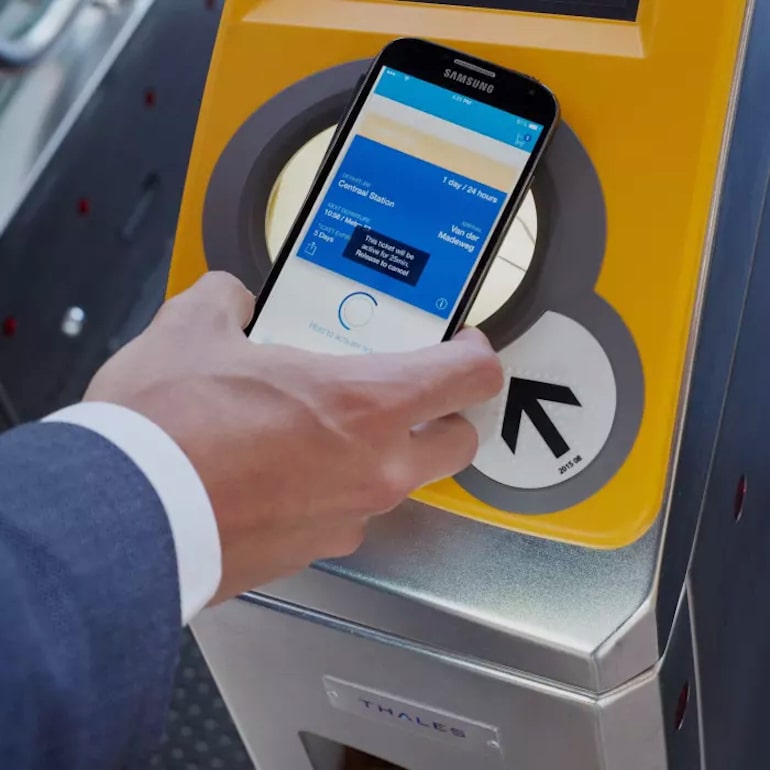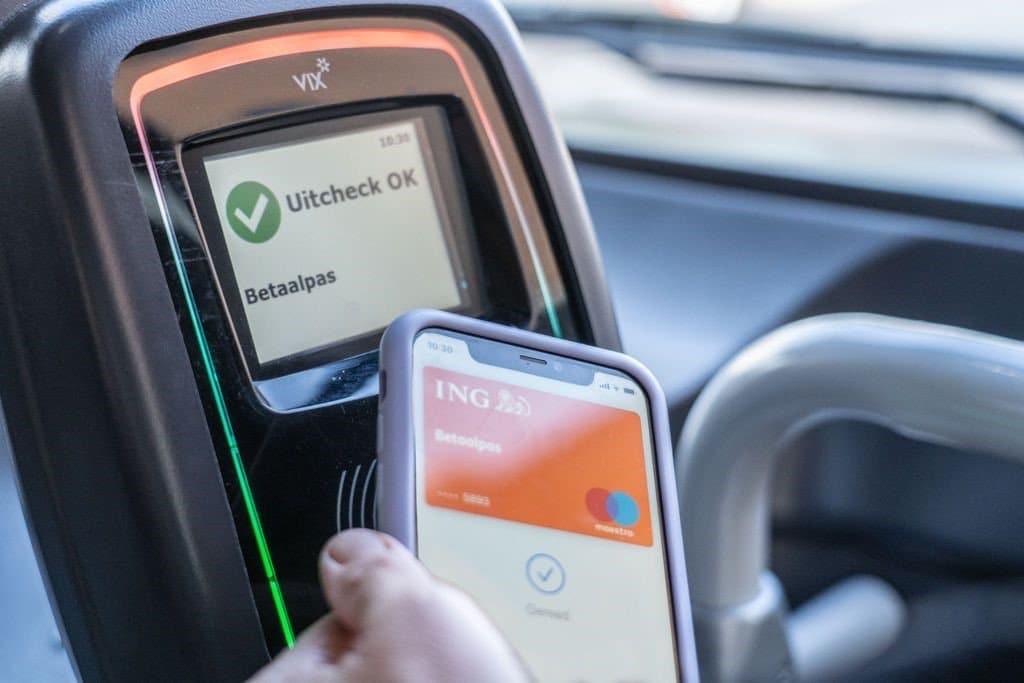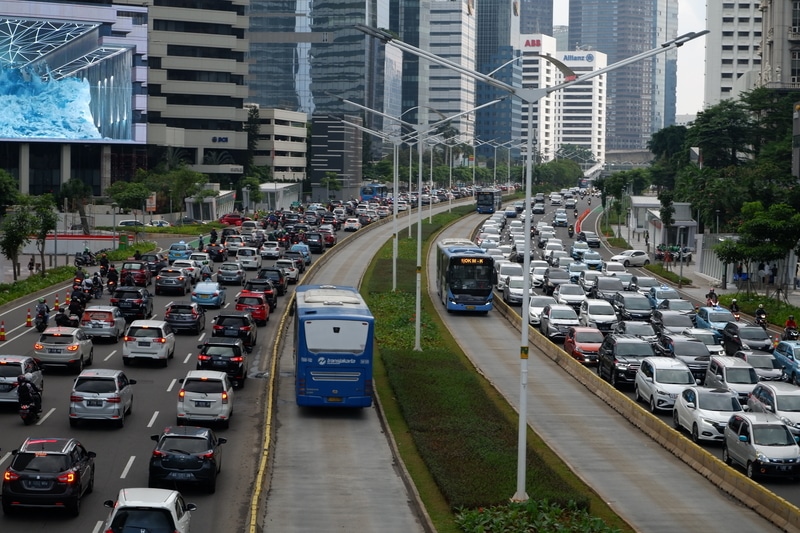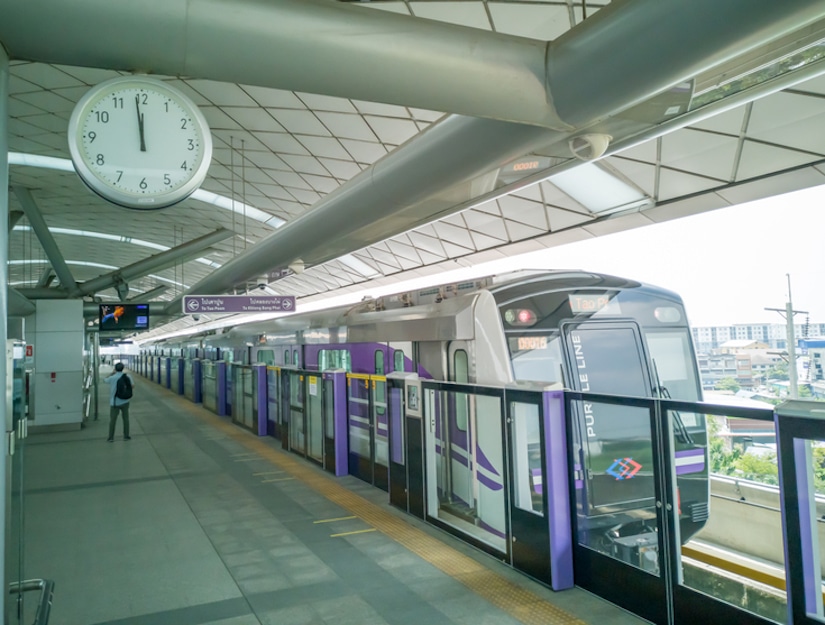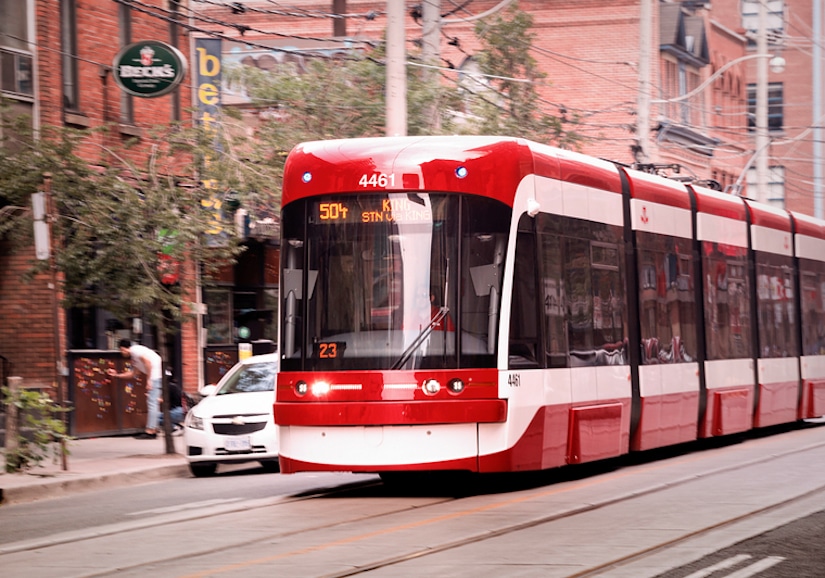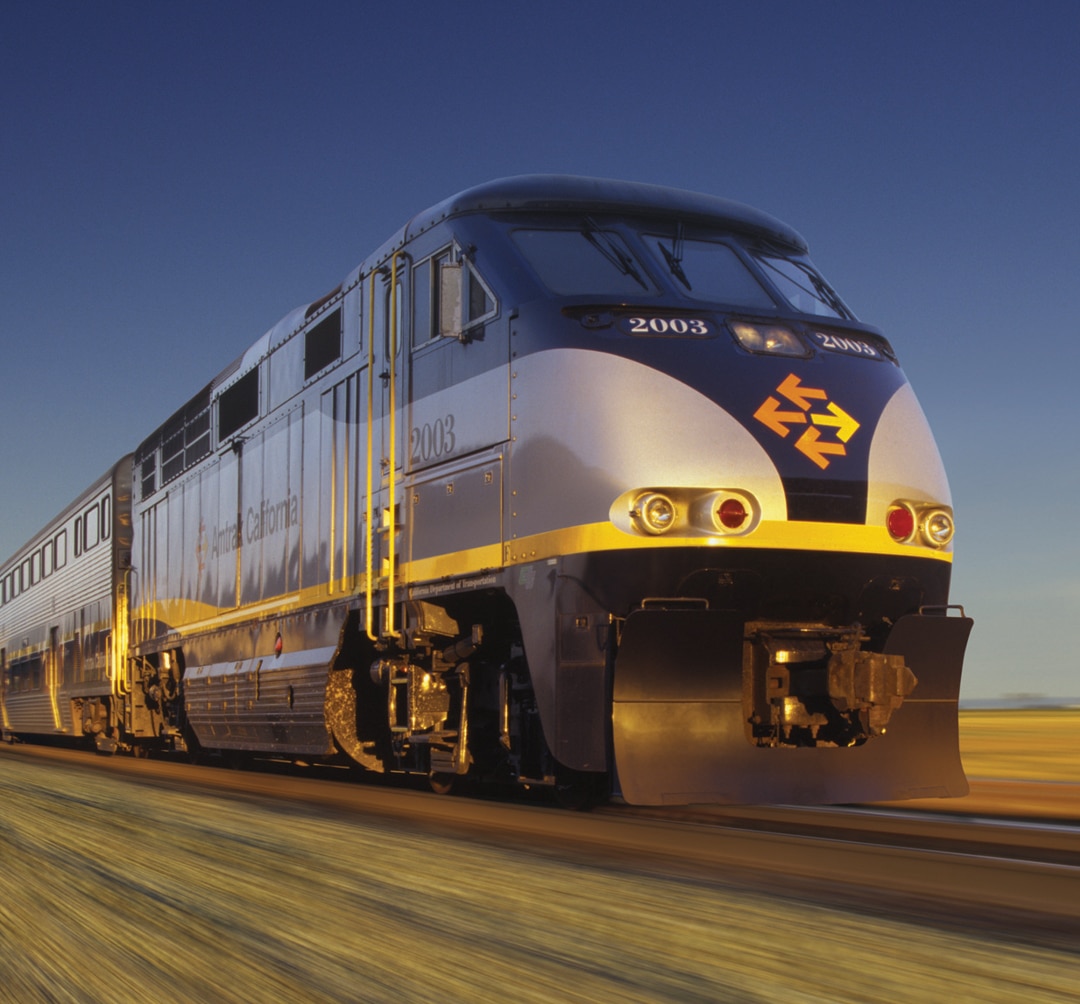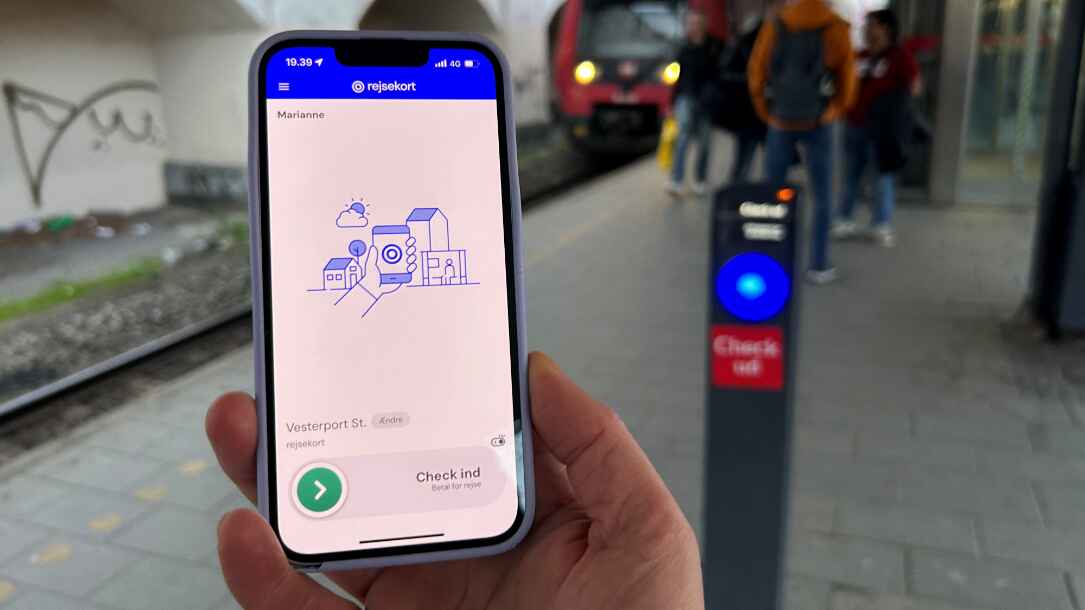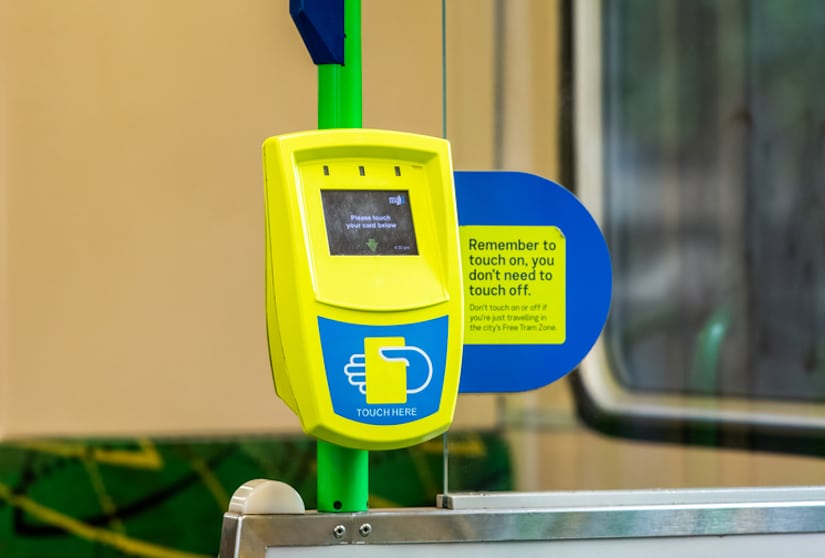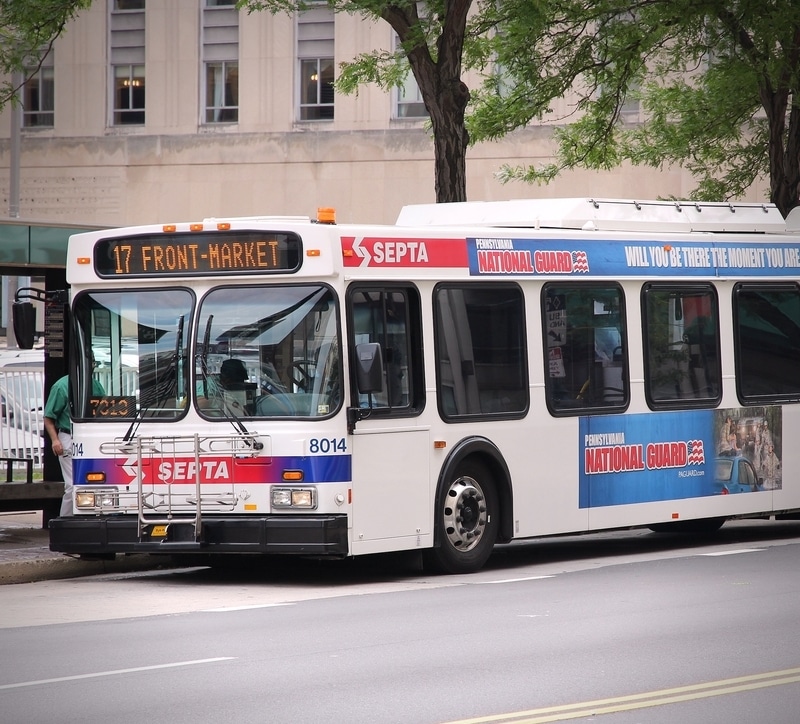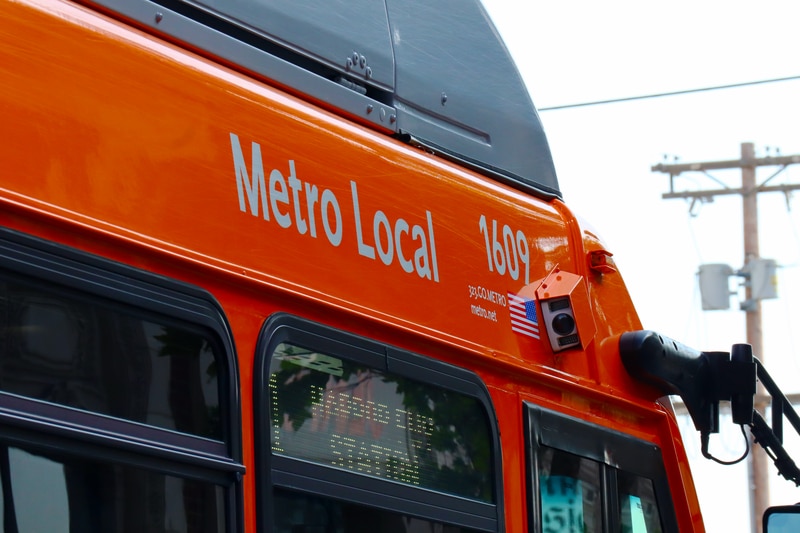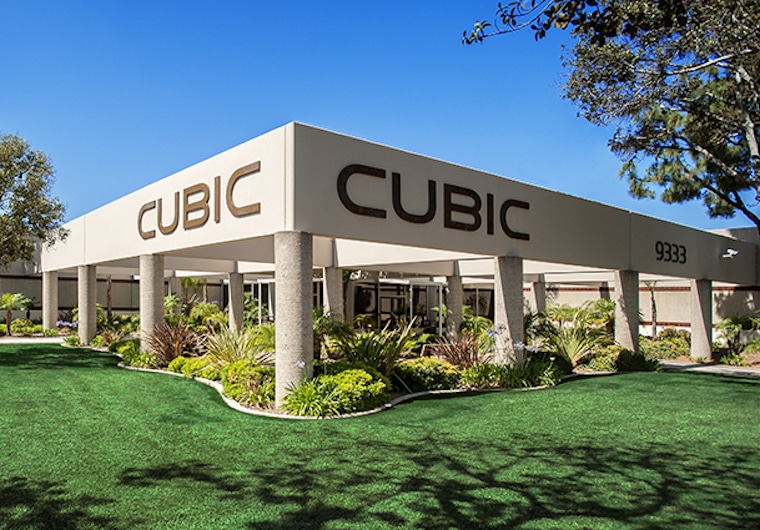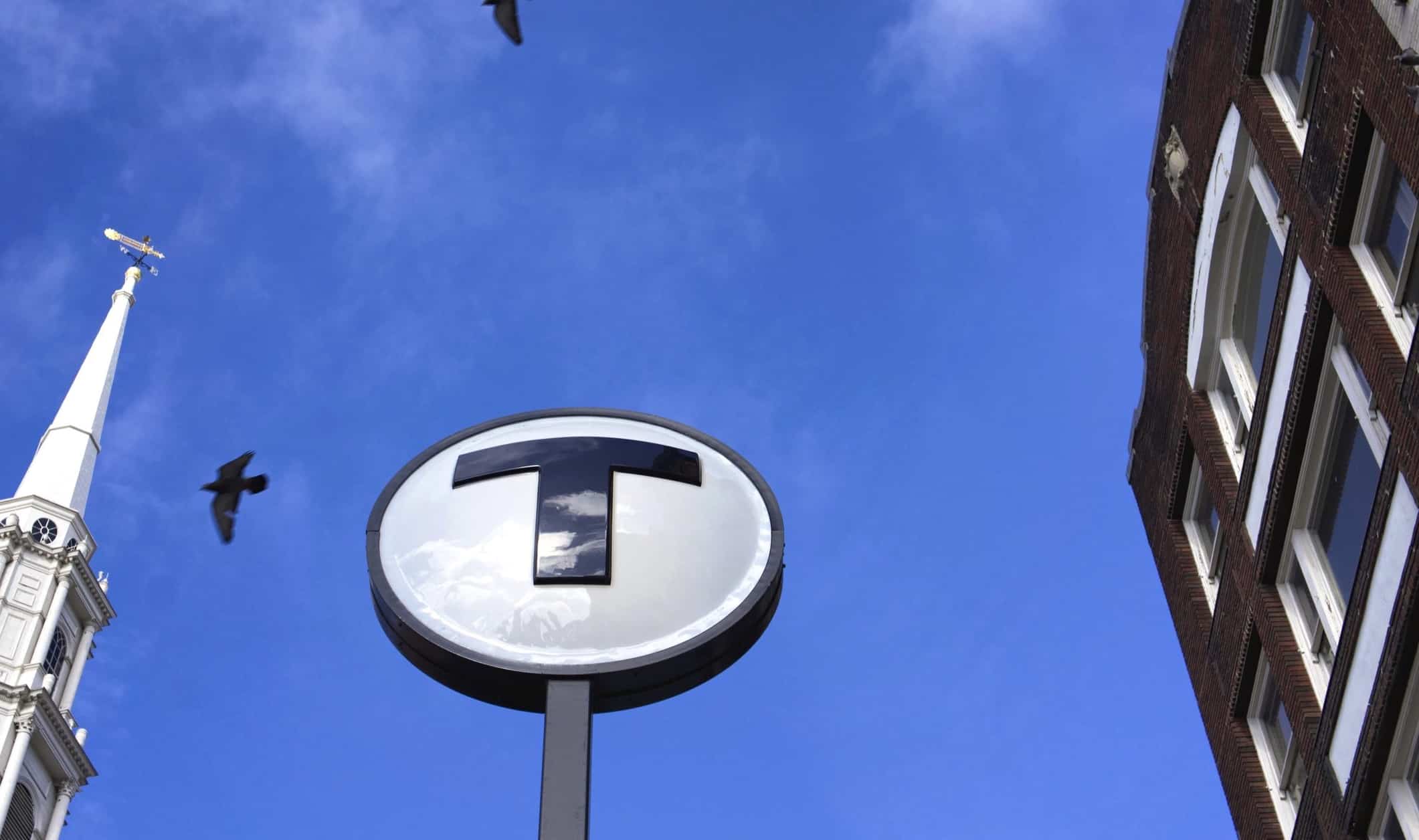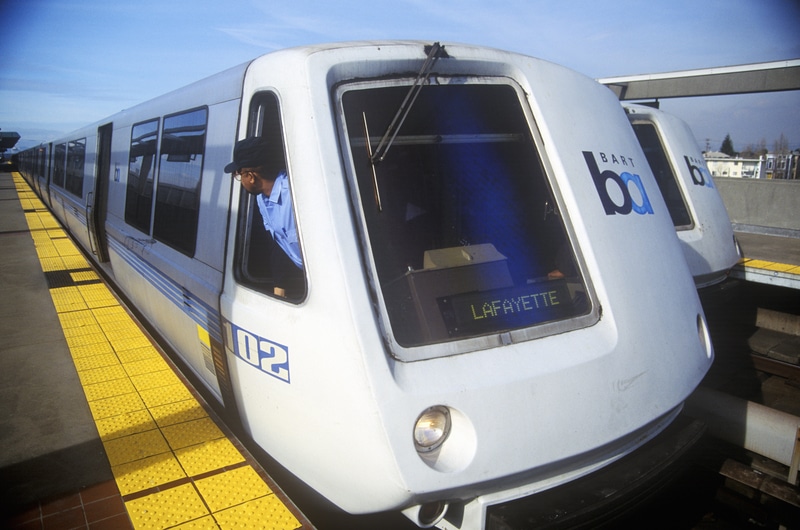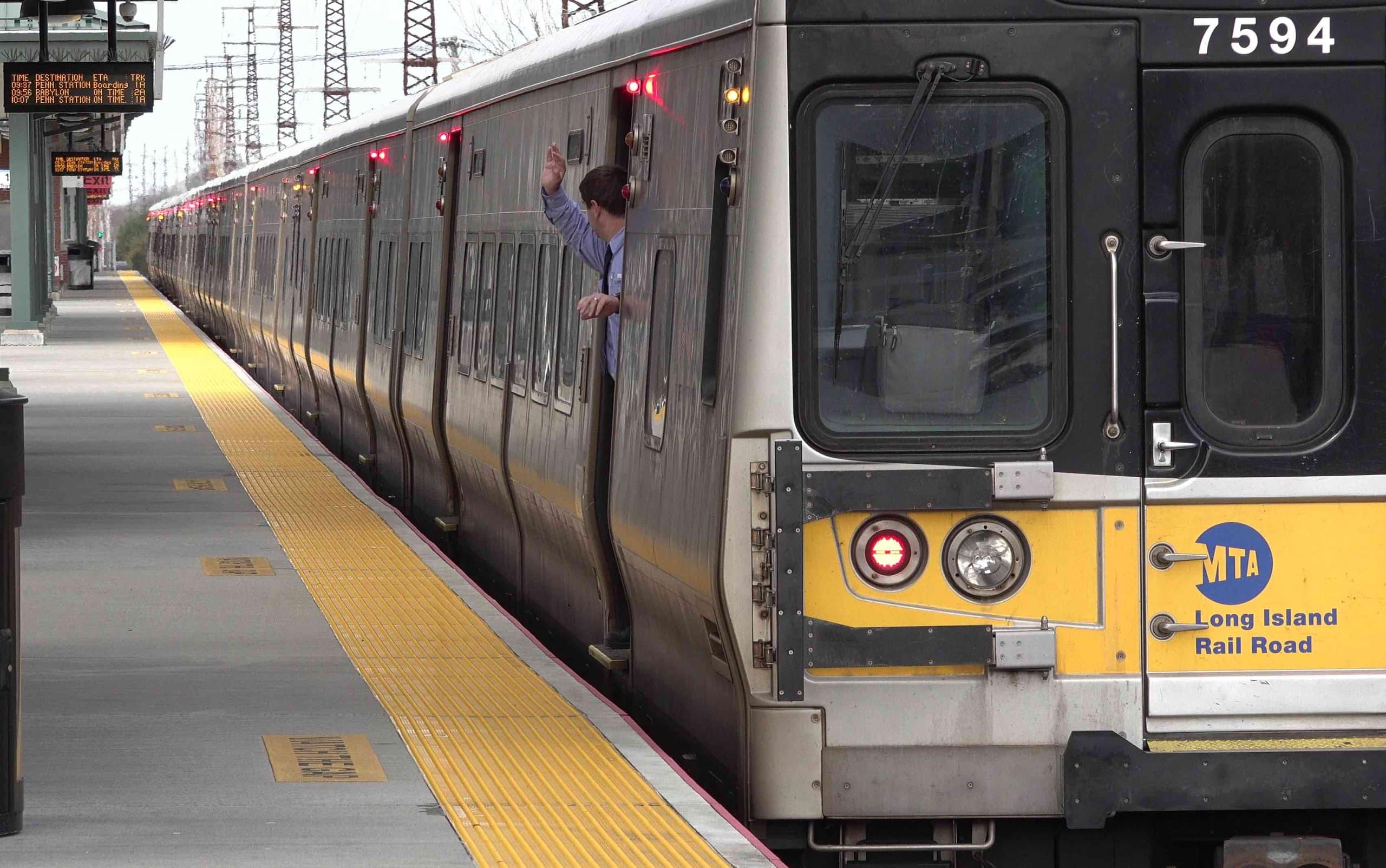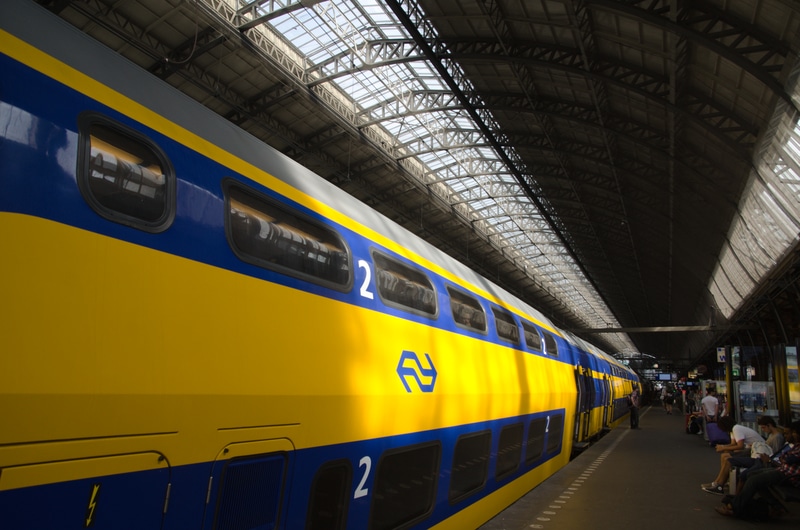
Article Highlights
Japanese conglomerate Hitachi cleared the final regulatory hurdle for its rail subsidiary to go forward with plans for a €1.7 billion acquisition of France-based Thales Ground Transportation Systems. GTS includes the Thales fare-system supplier business. The Japanese conglomerate, however, has not said what it plans to do with Thales RCS, a major fare-system supplier.
Thales said its fare-system unit had sales of €190 million (US$200.2 million) in 2016 and a headcount of 850 globally.
• Thales
• Hitachi
• NS (Netherlands)
• Cubic
• Conduent
• Indra
Japanese conglomerate Hitachi this week cleared the final regulatory hurdle for its rail subsidiary to go forward with plans for a €1.7 billion (US$1.8 billion) acquisition of France-based Thales Ground Transportation Systems. GTS includes the Thales fare-system supplier business.
But Hitachi has said little so far about what it plans to do with the fare-system business, outside of vague references to helping Hitachi with its mobility-as-a-service, or MaaS, offer.







